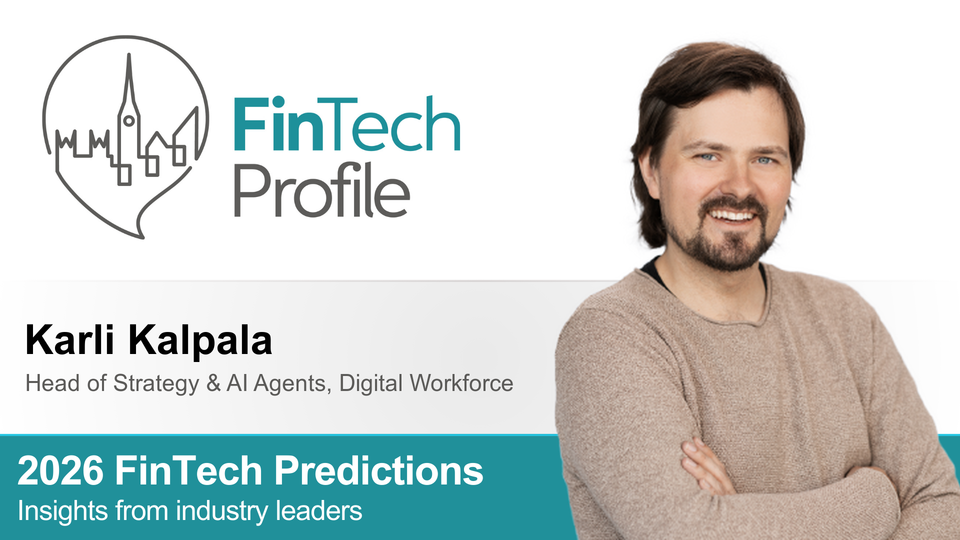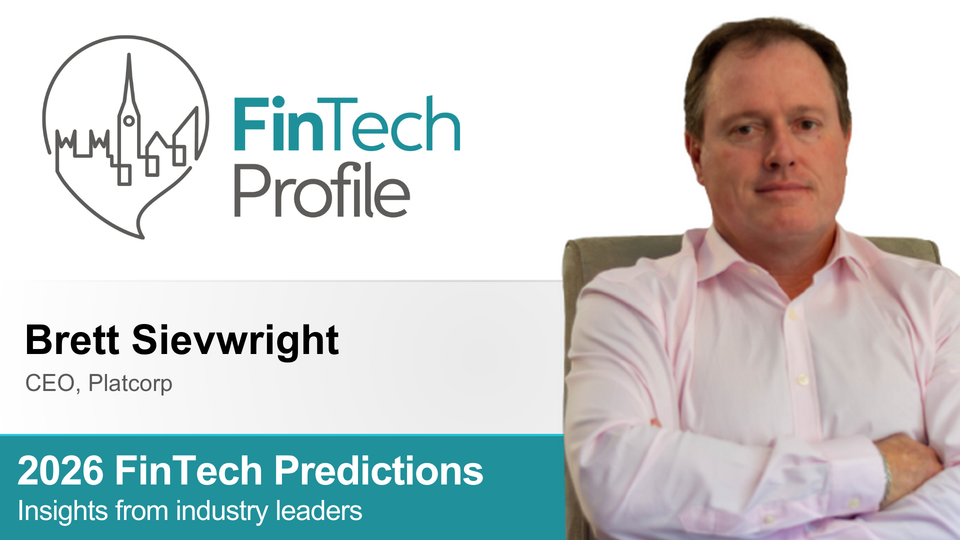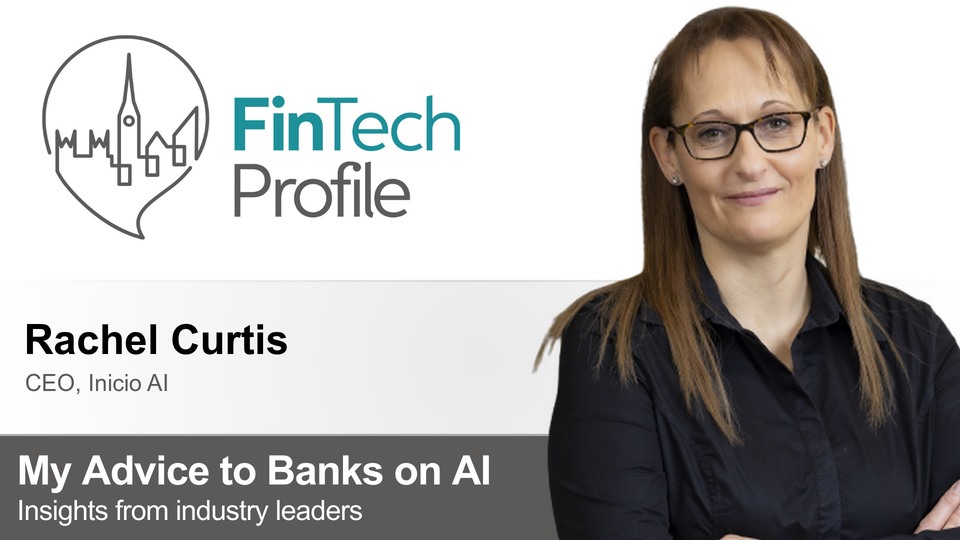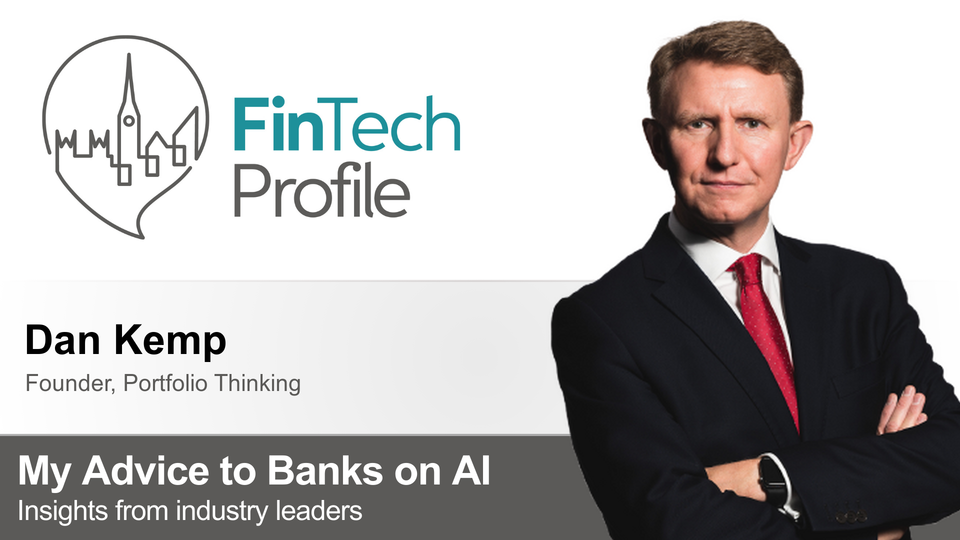Oman Focus: Ali Hassan Moosa on Oman's Digital Banking & FinTech Sector
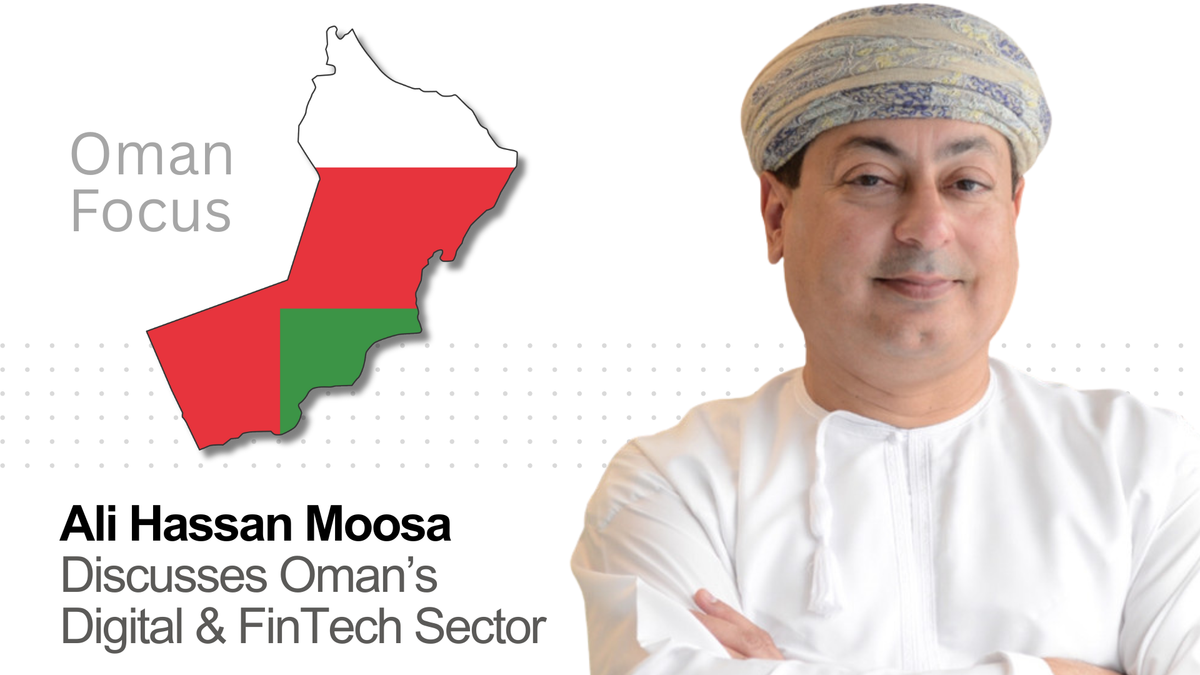
Today, I'm bringing you an interview with Ali Hassan Moosa, the former head of the Oman Banks Association.
Ali has held many senior positions in financial services throughout Oman and is a well-known figure in the country. I first got to know him at the many events I attended on behalf of my bank in Oman, and was always struck by his foresight and incisive perspectives on the digital banking ecosystem.
Every year, for example, as the CEO of the Banks Association, he would routinely open the prominent digital banking and FinTech conferences in the country with well-received keynotes. In those presentations, he would discuss the latest examples from around South East Asia, the United States and Europe, highlighting how his (younger) family members were instinctively moving away from the traditional branch-based banking. His messages were always fresh, on point and highly relevant.
I reached out to Ali to ask if he would give us an overview of the Digital Banking and FinTech ecosystem in Oman. I think this is especially relevant for anyone currently or looking to do business in the GCC marketplace.
I recorded a podcast interview with Ali (you can find that right here) and I've summarised the questions and answers below. It's also on Spotify here, or simply search for "New Era FinTech Ali" and you should find the episode quickly wherever you get your podcasts.
Right, over to you Ali - my questions are in bold:
1. Tell us about your journey in banking and what you're focused on post-retirement?
Most of my 30-plus year career has been in banking and banking technology. I started in the early 90s setting up the first SWIFT system connections in one of the commercial banks. Fast forward through the decades, I established the Oman Banks Association around seven years ago and headed it as CEO until I retired just over a year ago.
Now I'm busier than ever! I focus on business capacity through the Oman Chamber of Commerce, serve as an industry board member at Muscat College, and advise both the College of Banking and Financial Studies and the Modern College of Business and Science specifically on FinTech. My day-to-day work is as an advisor at the Ministry of Finance, specifically with the National Program for Fiscal Sustainability and Financial Sector Development.
2. How have you seen digital banking evolve in Oman during your time at the helm?
Over the last 10 years, I've watched banks in Oman upgrade their systems, including core banking systems, to newer ones, though they're still on old architecture, which is problematic. They've added layers of middleware and CRM systems, but we need a fundamentally different architecture and infrastructure now.
The real evolution has been in payment services. We've seen advancements in ATM technologies linked to different gateways, QR payments, various electronic wallets, and instant transfers. COVID was actually a catalyst, it created a permanent shift toward electronic payments in Oman. The adoption didn't regress post-COVID, and now with Google Pay and Apple Pay, especially among our young population, we're seeing rapid uptake.
3. Where does Oman stand in terms of digital banking maturity compared to the Gulf region?
I'd rank Oman as mid-level within the GCC, not high, not low, but solidly in the middle. Here's why: We have state-of-the-art payment infrastructure led by the Central Bank of Oman. It's linked with real-time gross settlement systems across GCC countries, and all payments in Oman are instant. So infrastructure maturity is high.
Where we were late was in digital banking frameworks, but being late has advantages, we learned from others' experiences. The digital banking framework issued on June 1st is, in my view, better than any other in the GCC. It follows a tiered capital requirement model that lowers entry barriers, similar to the UK and Singapore approaches but improved. The open banking framework with its API standards is also excellent. We're late, but we're in very good shape.
4. What's your view on financial inclusion and how digital banking addresses it?
Financial inclusion is high on everyone's agenda, banks, the Central Bank, the Financial Services Authority, and the Ministry of Finance. It's crucial for countries like Oman with young demographics and populations spread across vast, sometimes difficult terrain.
Financial inclusion has three pillars: First, access to banking and financial services. Second, the right products and services for communities and businesses. Third, and most important, fair pricing, you cannot overcharge customers. Digital adoption addresses all three. Everyone gets access regardless of physical branches, products can be tailored digitally, and digital transactions are already cheaper, QR payments cost less than POS or credit card transactions.
5. What unique challenges does Oman face in its digital banking journey?
Our key challenge is market size. Limited market size and GDP growth constraints can restrict bank development. However, our young demographics are entering the workforce with international experience and expectations. They know what's available globally and expect the same locally.
Another issue, and I can say this now that I'm retired and can't be fired, is that some banking leadership needs to change. We need younger generations with new mindsets in leadership positions. The current generation of customers doesn't think like traditional bankers.
6. You mentioned your daughter's experience with digital banking, can you elaborate on that generational shift?
When my daughter went to study at Nottingham, I gave her typical fatherly advice about opening an account with a bank that had a campus branch. She ignored me completely and opened an account with a digital-only bank! When I gave her emergency money, she said, "Don't worry, Baba, I kept it in a separate folder."
A separate folder! After 30 years in banking, this was the first time I heard someone could keep money in a different "folder" not accessible by ATM through their mobile. She doesn't think in terms of accounts, she thinks in folders. This is the mindset shift we're dealing with.
7. How is fintech collaboration with traditional banks progressing in Oman?
Unfortunately, banks in Oman still think they can do everything themselves. This mindset is hindering fintech development. There are successful examples, but too few. The Central Bank now regulates and licenses payment fintechs, which is progress, but it's been slow.
We have government initiatives through the National Program creating a fintech gateway and strategy. Crowdfunding is showing promise, I recently saw a plastic manufacturer use crowdfunding to expand production for US exports after tariff changes made Omani products more competitive than Chinese ones. These are the opportunities fintechs can capture.
8. What skills and mindsets will be critical for banking professionals in Oman going forward?
The required skills aren't traditional banking skills anymore. We need data analytics experts, AI specialists who can experiment ethically to predict customer behavior and achieve hyper-personalization, not just personalization, but hyper-personalization.
Through Muscat College, where I serve on the industry advisory board, we've introduced bachelor's and master's programs in collaboration with the University of Westminster for digital business management, cybersecurity, digital forensics, and data analytics. But much more needs to be done. Banks need to clearly communicate these new skill requirements to educational institutions.
9. What's your advice for international firms looking to enter Oman's banking and fintech market?
The business landscape is very friendly for foreign direct investment. We have Invest Oman run by the Ministry of Commerce, the Chamber of Commerce where I'm involved, and a dedicated committee for foreign investors, staffed entirely by foreign investors, not even me!
It's easy to open commercial registration through our online portal. One current gap is credit scoring for SMEs, we have it for individuals and corporates but are working on SME solutions. I regularly get queries and direct them to the right entities. The Chamber of Commerce is excellent at promoting business in Oman.
10. For visitors thinking of coming to Oman, when should they visit and what should they see?
Timing is everything! It's very hot in the north now, but in the south, Salalah, July is perfect. It's subtropical with the Indian monsoon, like visiting Sri Lanka but closer. I lived there for two and a half years and loved it.
Up north, visit Musandam and the Strait of Hormuz. In between is Muscat, a beautiful city just hours from the Green Mountain and Jabal Shams, the Mountain of the Sun, the highest peak in the Gulf. You can even see our version of the Grand Canyon! For Muscat specifically, November through February is ideal.
11. Any memorable moments from your time leading banking transformation in Oman?
I remember our presentation together at the Annual Bankers Meeting at the convention center! I started with the history of money, then you took it forward to the future of money and open banking. All the central bank executives and CEOs were there. Until today, when I see attendees, they remind me of that presentation. It was powerful having both local and international perspectives combined.
12. How can people connect with you for advice or potential collaboration?
Find me on LinkedIn, I'm happy to connect anyone to the Chamber of Commerce or the right entities. It's my honour and pleasure to assist anyone thinking of doing business in Oman. Whether you need guidance on regulations, connections to the right organizations, or insights into our market, I'm here to help bridge those connections.
13. Final thoughts on where Oman's digital banking sector is heading?
We're going through a phase of making everything possible. Yes, we were late to some initiatives, but we've learned from others' experiences and created better frameworks. With our young, tech-savvy population and improving regulatory environment, Oman is positioned to leapfrog into advanced digital banking. The foundations are set, now we need execution and the right mindsets to make it happen.
Ali, thank you so much for taking the time to participate.
If you'd like to find out more or connect with Ali, find him on LinkedIn here.
You can hear Ali in his own words in Episode 62 of the New Era FinTech Podcast that I recorded with him.

